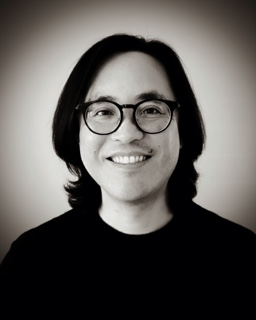Abstract
Real-world biomedical problems often involve complex biological systems that consist of numerous interacting entities. Such systems can be conveniently represented as networks, where the nodes represent the constituent entities (such as genes or proteins) and the edges reflect the interactions between the connected nodes. Analysis of these networks can lead to novel insights that are invaluable for understanding the structure and functional organization of the complex biological systems of interest. Furthermore, network representations of biological systems can be extremely useful for analyzing the high-dimensional data that originate from such systems, for manifold learning, information propagation, denoising, and various other tasks. In this talk, we will present a range of machine learning models and techniques that can be used for effective analysis of large-scale biological networks and robust network-based analysis of high-dimensional omics data that originate from complex biological systems.
Speaker Bio
Prof. Byung-Jun Yoon received his B.S.E. (summa cum laude) degree from the Seoul National University (SNU), Seoul, Korea, in 1998, and the M.S. and Ph.D. degrees from the California Institute of Technology (Caltech), Pasadena, CA, in 2002 and 2007, respectively, all in Electrical Engineering. Since 2008, he has been with the Department of Electrical and Computer Engineering, Texas A&M University, College Station, TX, USA, where he is currently an Associate Professor. Dr. Yoon holds a joint appointment at Brookhaven National Laboratory (BNL), Upton, NY, where he is a Scientist in Computational Science Initiative (CSI), Applied Mathematics group. He received the National Science Foundation (NSF) CAREER Award, the Best Paper Award at the 9th Asia Pacific Bioinformatics Conference (APBC), the Best Paper Award at the 12th Annual MCBIOS Conference, and the SLATE Teaching Excellence Award from the Texas A&M University System. Dr. Yoon’s main theoretical interests lie in Scientific AI/ML, optimal experimental design (OED), and objective-based uncertainty quantification. He is actively working on the development of these methods and their application to various scientific domains, including computational biology and materials science.
